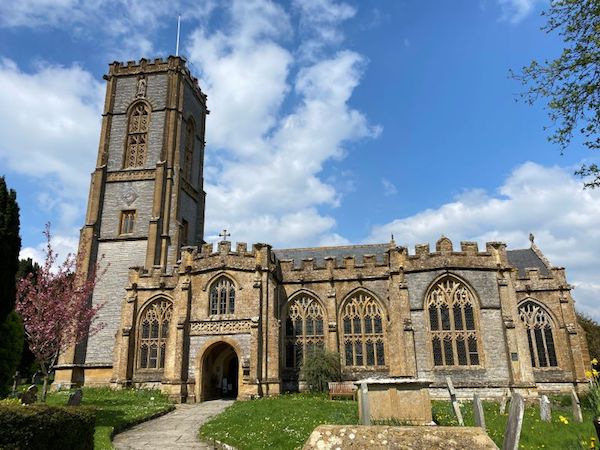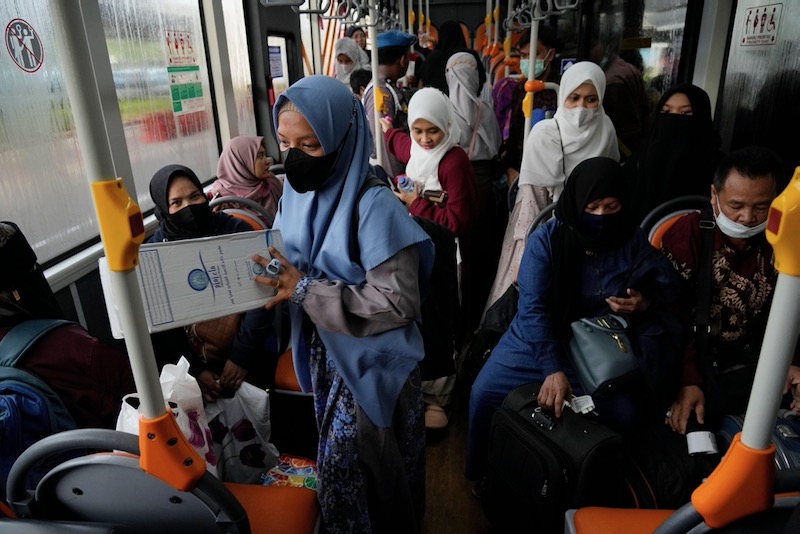Eking out bottles of water. Speaking in darkness, phones powered off to conserve battery. The agonising family squabble over chancing the street – is it worth the risk? Can we make it to the hospital? Will we be seen by a doctor? And always waiting, for the next deafening explosion.
These are the accounts of life we now hear from Khartoum. In a matter of days, Sudan has been plunged into violent conflict, claiming the lives of hundreds and injuring thousands more.
This is a clash between two rival camps in the Sudanese military: on one hand, the army main command, led by General al-Burhan, the de facto leader of the country, and the RSF paramilitary group – the Rapid Support Force, led by General Mohamed Dagalo, better known as Hemedti.
Sudanese Christians are accustomed to difficulties in their lives. But these are now becoming extreme. They are a tiny minority – a population of two million Roman Catholics, the Episcopal Church of Sudan, and a smattering of Coptic Orthodox and African Inland Mission believers. They are just 4 per cent of Sudan’s people.
At Open Doors, we place Sudan at number 10 on the World Watch List. It means our researchers, who calculate rates of religious violation, rank Sudan as the 10th most dangerous country in the world for Christians to live in. Christians are vulnerable both in public and private life. Christian families frequently bury their dead under Islamic rites, desperately hoping to avoid public notice. Discussing your faith leaves you vulnerable to accusations of apostasy; and families will routinely disown, shun or disinherit their relatives who convert to Christianity.
If you convert in Sudan, it is your family who will target you first. This is a matter of shame; the authorities look upon converts as traitors. Your next-of-kin may be openly hostile or aggressive toward you. In the present violence, with the population isolated in their own homes, we know that many converts will be trapped with family members who may be abusive. For women especially, it is a grave concern.
The second reality is that many Christians do not have a cushion of savings. Employment discrimination is real and casual. When you apply for a job, you are asked, “What is your faith?” This often translates into precarious jobs and no permanent source of income. And for these families, under these conditions, the business of surviving – finding fuel, finding water and food – will be harder.
Recent years in Sudan have been a back-and-forth trail of happiness, followed by disappointment. At the ousting of Bashir in 2019, Christians had high hopes for the transitional government In the early golden days, we all heard promises of religious equality and freedom for all, and the sense of relief this offered was real.
But while it appeared to outsiders, and the international media, that small positive steps were being taken, we noticed that churches and church lands that had been confiscated by the government were not returned. And after October 2021, it was clear the government had not fully detached from the thinking of the past. One example: while the Community Service Police – the religious police – had been disbanded, a new police force was put into place that was still willing to harass or arrest women wearing trousers, or other clothes they considered indecent.
Now, the Sudanese people are watching as the two military bosses fight it out.
Politically, Sudan could face a total collapse. And yet more extreme elements could arise and impose a system of Sharia.
When we speak to church leaders, this is their greatest concern. Amidst this power struggle, people from the Bashir government, figures from the past, are now emerging with a whispering campaign, arguing that it was a mistake to remove the old government.
“You see?” they say. “In the Bashir days, violence was only in the West and the South, kept to the margins. Now it is here, right here, in the capital.”
Most Sudanese people – Muslim and Christian – hope and pray for a life of freedom and tolerance in the future. But now, the danger is this message of fear may weaken their resolve.
Church leaders are praying that fear does not take the upper hand, and that people are not manipulated into thinking the repressive rule of the past is their only protection.
All those working to help stabilise the situation in Sudan must be aware of what is at stake: the destabilisation of the region and the fresh spread of Islamism in East Africa.
Fikiru Mehari is a field researcher for Open Doors, based in East Africa.



 Loading ...
Loading ...
What do you think?
You can post as a subscriber user ...
User comments (0)